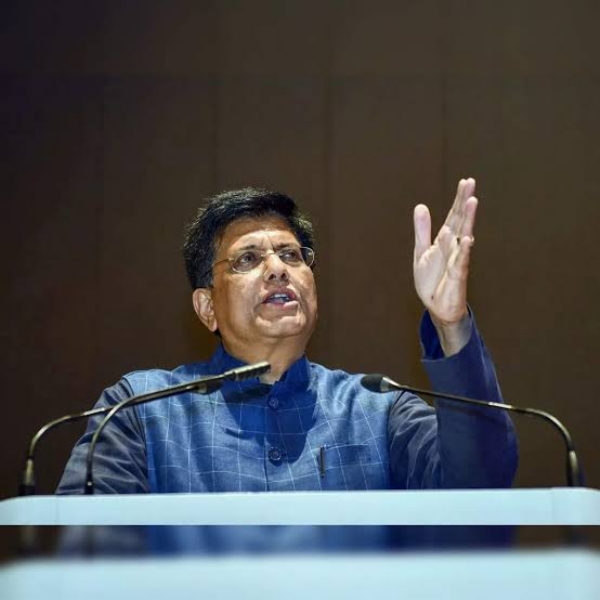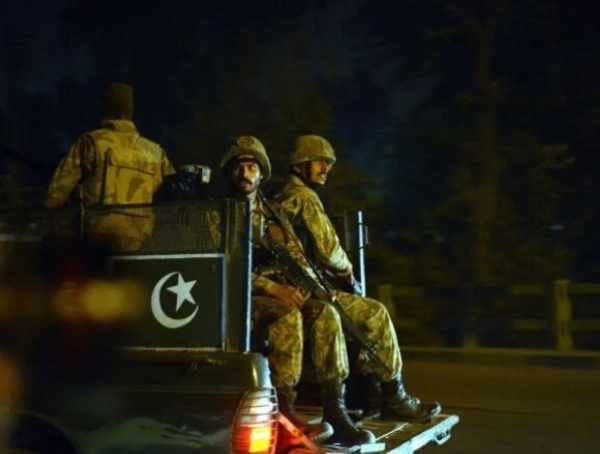
Delhi, 10 July (H.S.): Union Minister of Commerce and Industry Piyush Goyal, announced a remarkable 4,000% growth in India’s solar capacity, which now totals 227 GW, during the 11th India Energy Storage Week (IESW) 2025 in New Delhi. Notably, India may be the first G20 nation to fulfill its Nationally Determined Contributions under the Paris Agreement, with Palli village in Jammu and Kashmir being recognized as the country’s first carbon-neutral panchayat.
Piyush Goyal highlighted the achievements in solar energy, noting a 38-fold increase in solar photovoltaic module capacity and a 21-fold increase in photovoltaic cell capacity over the last decade. He introduced the PM Surya Ghar Yojana, aiming to install rooftop solar panels in 1 crore households, while mentioning the PM Kusum Yojana, which promotes solar pumps in agriculture. He also discussed the Production Linked Incentive (PLI) program designed to enhance manufacturing of Advanced Chemistry Cells (ACC).
The Minister lauded the collaboration of India Energy Alliance and partners in organizing IESW, showcasing clean energy technologies like storage solutions, green hydrogen, and e-mobility. He affirmed India’s commitment to being energy sufficient, advocating for renewable sources to meet continuous energy needs.
Goyal underscored the importance of innovative storage technologies, including batteries and pumped storage, to address future energy demands. He presented a strategic four-pronged approach for achieving energy independence through targeted innovation, infrastructure development, supply chain resilience, and comprehensive value chain growth. He stressed the necessity for India to lead in research and development of next-generation energy storage technologies, including solid-state and hybrid systems.
Discussing the recently approved ₹1 lakh crore Research, Development and Innovation Fund, he suggested this could align India’s R&D efforts with advanced economies, capitalizing on its cost advantages. Furthermore, he called for collaboration among stakeholders to enhance infrastructure for charging and battery swapping systems to boost electric vehicle adoption and ensure accessible e-mobility.
Piyush Goyal urged industries to fortify supply chain resilience by diversifying sources and adopting cutting-edge technologies for energy self-reliance. He emphasized that India’s ambitions must encompass the entire value chain, from raw materials to recycling, to establish a robust clean energy ecosystem.
He encouraged stakeholders to seek opportunities for scaling operations and improving competitiveness, reaffirming India’s goal of achieving 500 GW of renewable energy capacity by 2030. Energy storage will be pivotal in this trajectory, as underscored by Prime Minister Modi’s vision of energy security being a fundamental responsibility to citizens. The IESW serves as a leading platform for discussions on energy transition, highlighting critical innovations and policies.
—————
Hindusthan Samachar / Jun Sarkar





